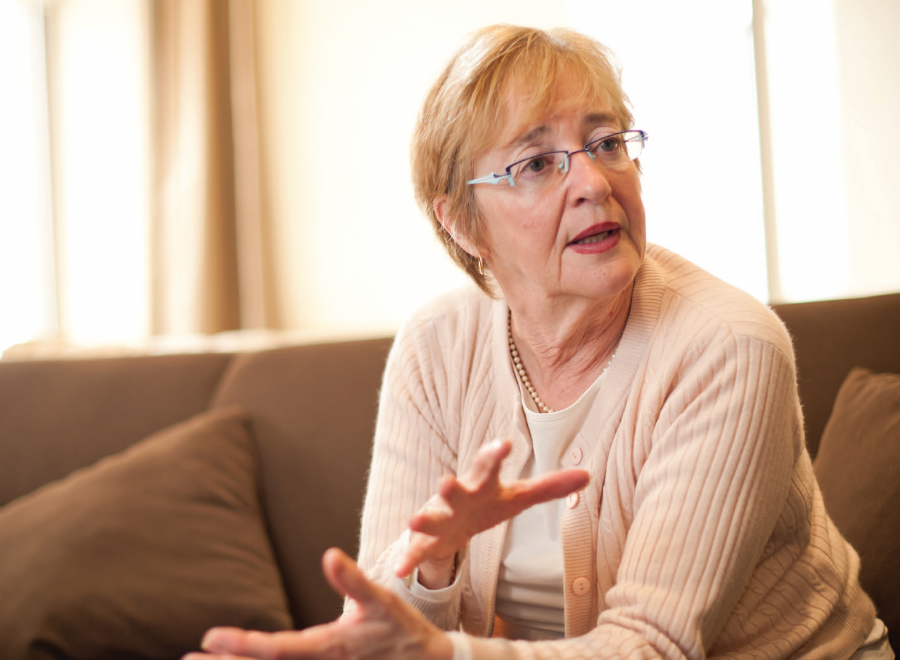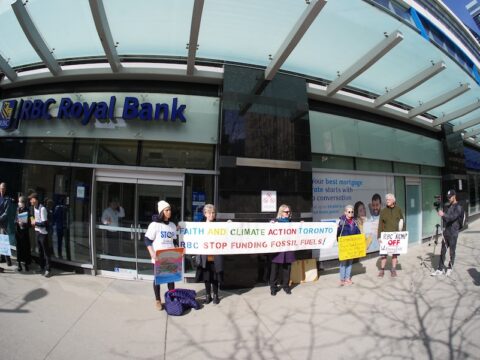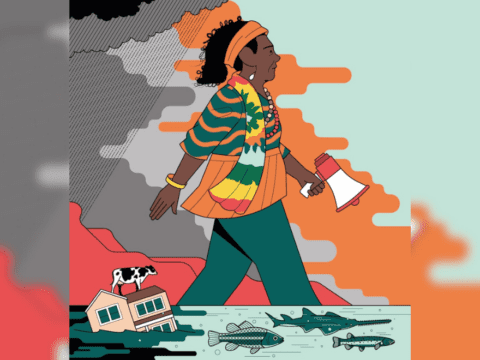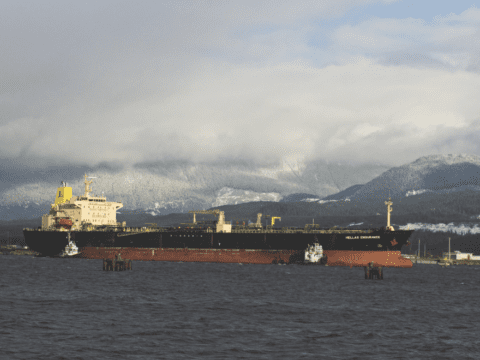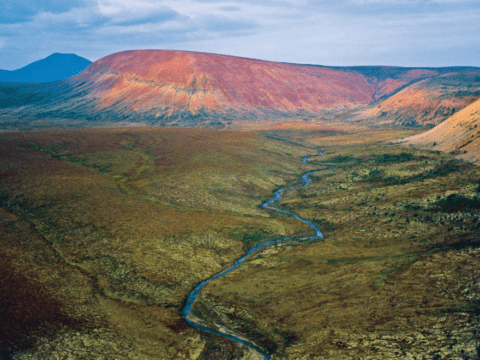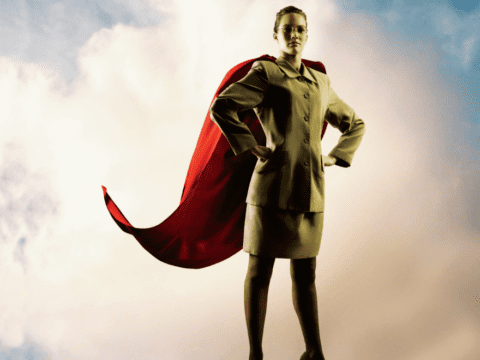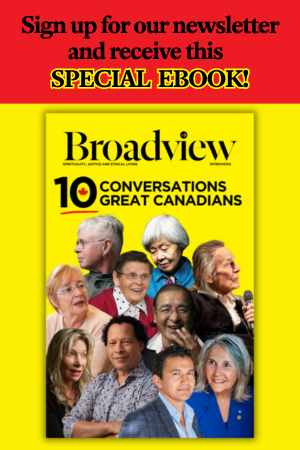Author, lecturer and one of Canada’s foremost advocates for social justice and the environment, Maude Barlow chairs the Council of Canadians and the Food & Water Watch. Frank Dabbs asked her about the values that inform her work and the ideas that sustain her.
FRANK DABBS: You often speak about “the moral imperative that lies behind hope-giving activism.” Can you elaborate?
MAUDE BARLOW: I deeply believe that things can change and that they can change quickly in terms of social values. I’ve watched it happen. I base my work in the realm of hope, and if you want to call this human spirituality, absolutely. It is operating out of something besides intellect. Your intellect may tell you how to make something come true, but it is your soul, your spirit, that has informed you to persevere.
FD: The Catholic mystic Thomas Merton wrote: “Everything that is, is holy.” Does that hold meaning for you? How would you characterize your spiritual values today?
MB: I was raised in the United Church, but if I have a religion now it is pantheism. To me God is in the trees and in the grass and even in the dirty water and polluted places. I mean the God that I would understand to be “holy.” I’ve come to understand that the sum of all things together is bigger than any of the pieces. No matter how bad those pieces are, together they create something holy. I think that was what Thomas Merton was saying. We can’t just choose beauty or pleasure and say, “That’s where I find peace and happiness.” They are also in the struggle and in the urban slums of the world’s worst countries.
FD: American biologist Edward O. Wilson has said “Science and religion are two of the most potent forces on Earth and they should come together to save the creation.” Do you have a comparable ideal?
MB: I got my political bearings from my parents. My father fought in the Second World War, and my mother’s first husband was killed in the war. She and my dad came together with a personal understanding of suffering and the desire to build a socially responsible nation. I learned a lot over my morning oatmeal — the privilege of being born in a place like Canada and the responsibility to give something back. From a very young age, I had a sense of injustice around racism and later around the treatment of women. I felt I had to do something to deal with injustice.
FD: Does one faith inform your work more than any other?
MB: My husband is Jewish; my father’s family was Catholic and my mother’s was Baptist. I grew up in a progressive United Church— St. James in Ottawa— and our minister was very socially conscious. I went from my parents’ home to church and heard the same kind of messages, about a justice mission. I find a beauty in all religion, although I will find threads of injustice as well. I work with people of many backgrounds. My organization is a United Nations. We love each other; we take the best of everything from each background and are fused together as a bunch of wacky people who like to get tear-gassed!
FD: You play a role similar to the Old Testament prophets, issuing warnings and pointing to a path to follow for actions to match beliefs. What sustains you?
MB: For those of us who look ahead with a vision of the future, and work with people to create a better vision of the future, perhaps the word “prophet” fits. If you are a prophet in certain countries, you might get murdered. I’ve never been in serious danger or terribly threatened. I get courage from the people I work with around the world who don’t have personal security and who do this work in spite of the financial deprivation.
Here in Canada, people fighting suffering and injustice get beaten down. They give up because they just don’t think they can do it anymore. Part of my work is being there, giving hope and saying, “Don’t give up.” It’s a real losers’ game to ask whether something has been worthwhile by saying, “Did we win or not?” If you were to go by wins and losses, I would have given up long ago. You have to say, “Did we build a movement? Did we build solidarity? Do more people care? Did we bring more people into this movement?”
FD: What is your source of integrity, your moral compass?
MB: My work is leading toward a better place for the world to go. My moral compass is to ask, “Is what I’m doing today fitting with that vision?” I grew up with rules about how to behave and, it sounds old-fashioned, but I grew up with the mission of service. My moral compass is also to get up in the morning and say, “What will I do today to give back?”
I get spiritual sustenance from the people I work with and love. The test of a good day’s work is if we can go out and have a beer and have some fun together. Wek now what joy is, even when we’re fighting the toughest things. I have a little cottage, and I love to sit on the dock with a glass of wine and my grandkids and say, “This is perfection.” I know how to howl under the moon, and I’m teaching my grandkids to howl at the moon. You have to build joy into your life.
FD: Many people in the United Church see a Creator who is profoundly heartbroken by the failure of human stewardship over the environment. What can we do as a church to live out this part of our faith?
MB: You have to merge faith and politics. “Political” doesn’t mean partisan; it just means that you are part of the political landscape, caring about the land and water and nature. Justice for those who would harm it requires that we have a different system.
The most important thing that United Church people can do is to understand how the current model of unlimited growth, economic globalization and corporate domination is plundering the planet.
The personal is political; and the readers of The United Church Observer who deeply care and deeply want to do something need to find a place and a way to help us fight unlimited growth and promote a different model. They can fight bad trade deals and help us get legislation that protects local economies, local communities and local food production. That is the path to the future.
They have to be literate about trade and economic issues. People think, “There are experts for that, and it’s nothing I can get my head around.” So the old process continues: all about growth and making more stuff and more destruction.
***
This story first appeared in The United Church Observer’s May 2011 issue with the title “‘We know what joy is, even when we’re fighting the toughest things.’”

